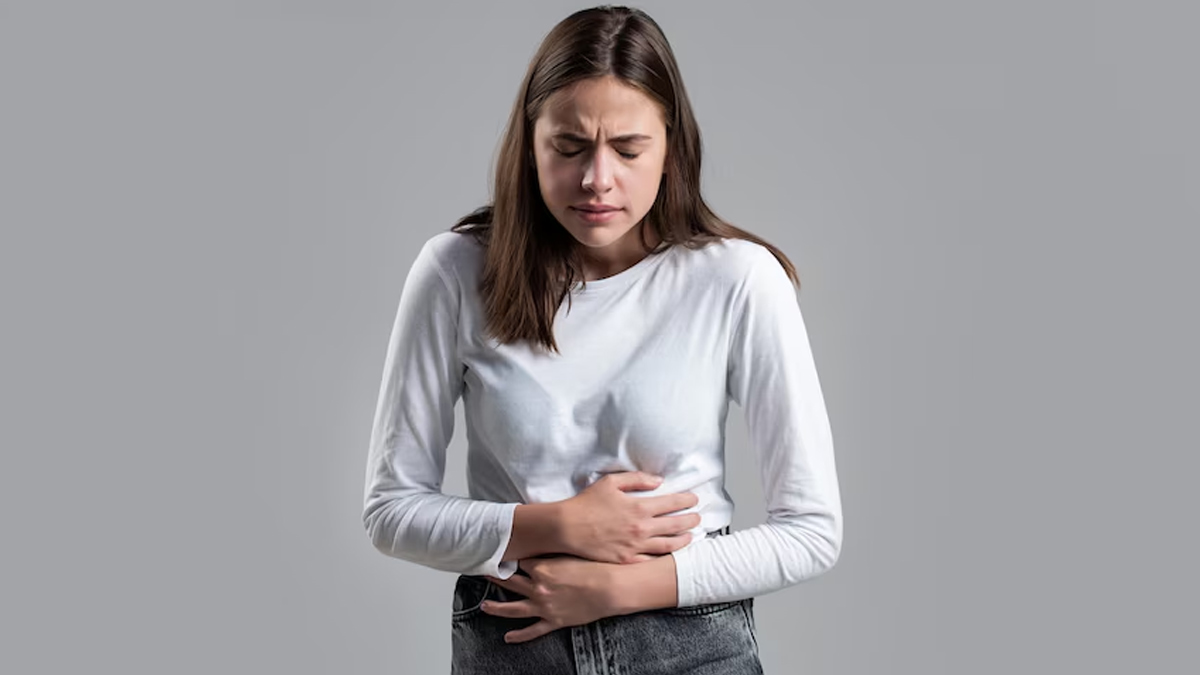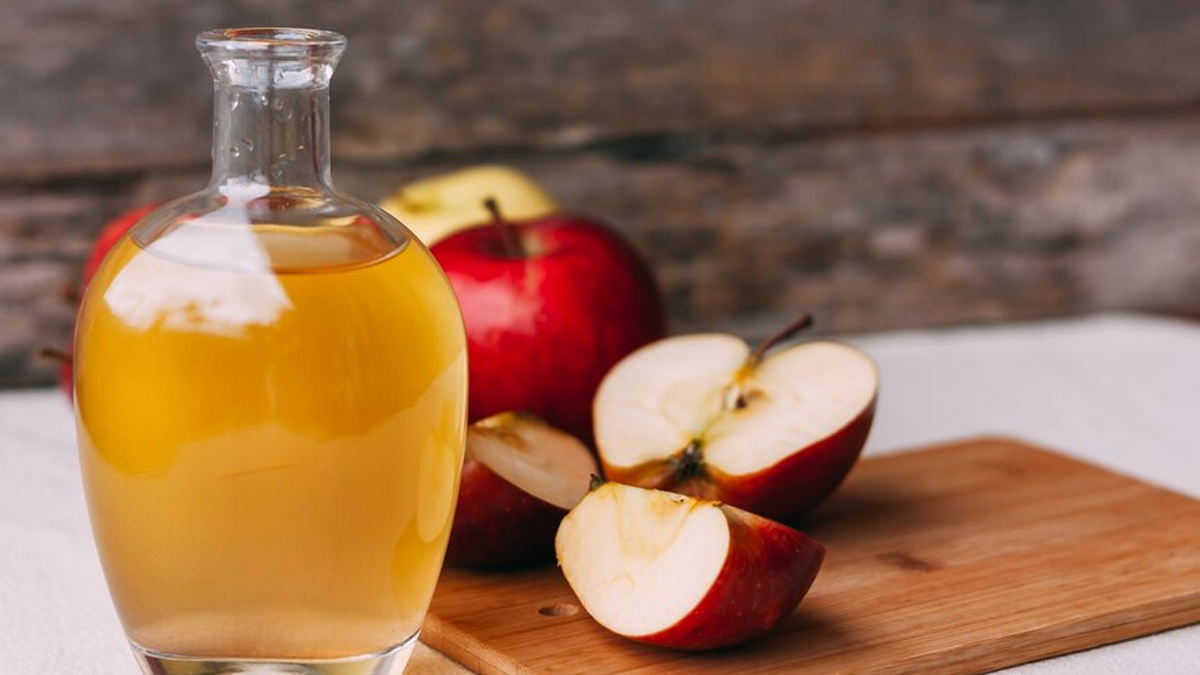
Proteins are the building blocks of life, essential for muscle growth, tissue repair, and overall health. But what if your body isn’t digesting them properly? You might be eating enough protein, yet still feeling sluggish, bloated, or dealing with hair and skin issues. The culprit? Poor protein digestion.
Table of Content:-
To understand more about protein indigestion, we spoke to Pooja Shah Bhave (CDE, MSc CND, BSc FSN), Consultant Dietician and Certified Diabetes Educator. She explains that factors like low stomach acid, enzyme deficiencies, and gut health issues can prevent your body from breaking down and absorbing proteins efficiently. This can lead to uncomfortable symptoms like bloating, constipation, and even muscle weakness.
Here’s a closer look at the signs that indicate your body is struggling to digest proteins effectively:
Why Does Protein Digestion Become Inefficient?

According to Bhave, the following reasons can contribute to poor protein digestion:
Poor Stomach Acid Release – Hydrochloric acid (HCl) in the stomach plays a key role in breaking down proteins into smaller chains. If there is a low secretion of stomach acid due to conditions like gastric atrophy or excessive use of antacids, protein digestion can become compromised.
Pancreatic Dysfunction – The pancreas produces enzymes that help break down proteins into smaller peptides. If someone has pancreatitis or poor pancreatic function, protein digestion can be significantly affected.
Intestinal Enzyme Deficiency – The intestines contain enzymes that further break down proteins into amino acids. Conditions like Irritable Bowel Syndrome (IBS), Inflammatory Bowel Disease (IBD), or an altered intestinal lining can interfere with this process.
Protein Intolerance – Some individuals have a complete or partial absence of protein-digesting enzymes, either from birth or due to an acquired condition, making protein digestion difficult.
Gallstones and Digestive Health – People with gallstones often face issues with digestion and nutrient absorption, including proteins.
Liver or Kidney Disease – Critical illnesses affecting the liver or kidneys can impair protein metabolism and digestion, leading to a deficiency in essential amino acids.
Also read: Do You Eat Chicken Every Day? Know The Risks And Alternatives, As Per Experts
Immediate Signs of Poor Protein Digestion

If your body isn't digesting proteins properly, you may notice the following symptoms:
1. Bloating and Gas
Undigested protein can ferment in the gut, leading to excessive gas and bloating. Bhave notes that this can also occur with excessive junk food consumption and gas-forming foods like some pulses, heavy meat, and chicken intake.
2. Nausea and Vomiting
“Indigestion caused by protein malabsorption can result in frequent nausea and, in some cases, vomiting,” Bhave said. This can be particularly noticeable after consuming protein-rich meals.
3. Heartburn and Acidity
When proteins are not broken down effectively, they can cause acid reflux, heartburn, and discomfort. This is often accompanied by bloating and constipation.
4. Constipation or Diarrhoea

Poor protein digestion can result in constipation, as large undigested proteins can slow down bowel movements. However, according to Bhave, some individuals may experience diarrhoea due to a malabsorption disorder where amino acids are not properly absorbed.
5. Fatigue and Muscle Weakness
Proteins are essential for muscle repair and energy production. When protein digestion is impaired, muscle weakness and fatigue can occur due to inadequate protein absorption. Over time, this can contribute to muscle loss and a general feeling of tiredness.
6. Poor Skin, Hair, and Nail Health
Proteins like collagen and keratin are vital for healthy skin, hair, and nails. A deficiency due to poor digestion can lead to:
- Dry, dull skin
- Hair thinning or excessive hair fall
- Brittle, weak nails
Also read: Can Protein Supplements Be the Culprit Behind Your Acne Problems?
How to Improve Protein Digestion

If you suspect you have difficulty digesting proteins, here are some ways recommended by Bhave to support better digestion:
Increase stomach acid naturally – Drinking diluted apple cider vinegar before meals or consuming ginger can help stimulate stomach acid production.
Eat enzyme-rich foods – Foods like papaya (contains papain) and pineapple (contains bromelain) can help break down proteins effectively.
Support pancreatic health – Avoid excessive alcohol consumption and processed foods, which can burden the pancreas.
Maintain gut health – Probiotic-rich foods like yoghurt and fermented vegetables can help strengthen the intestinal lining for better protein absorption.
Avoid excessive antacid use – Frequent use of antacids can lower stomach acid levels, leading to poor protein digestion.
Conclusion
Proper protein digestion is crucial for overall health, affecting everything from muscle strength to digestive comfort and skin health. If you frequently experience bloating, nausea, fatigue, or other digestive issues after eating protein-rich foods, it may be worth consulting a healthcare professional or a dietician to identify and address any underlying concerns. By making small dietary and lifestyle changes, you can improve your body’s ability to digest and absorb proteins efficiently, ensuring you get the maximum benefits from your diet.
Also watch this video
Read Next
The 'Dumb Girl' Stereotype: Expert Explains Its Emotional Impact In Social And Work Settings
How we keep this article up to date:
We work with experts and keep a close eye on the latest in health and wellness. Whenever there is a new research or helpful information, we update our articles with accurate and useful advice.
Current Version